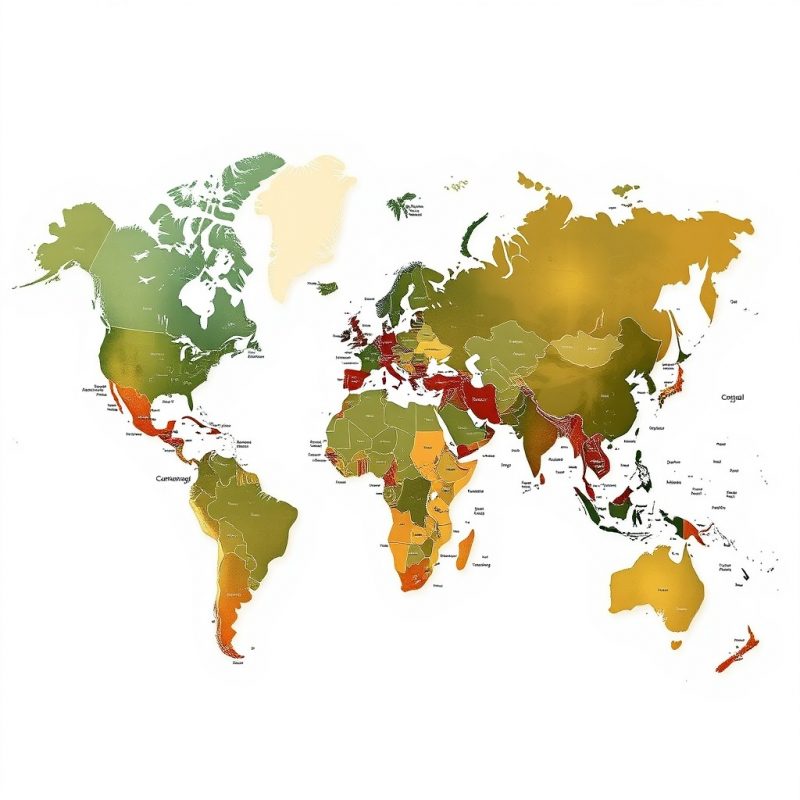
The Science Behind Fingerprints & Brain
Fingerprint patterns form during fetal development, closely tied to brain growth. Specific patterns (arch, loop, whorl) reflect neural pathways linked to certain capabilities.

The Science Behind Fingerprints & Intelligence
Each fingerprint pattern reflects a dominant intelligence type:
Arch:
- Traits: Grounded thinkers, structured, and reliable.
Ulnar Loop:
- Traits: Good at relationships, highly sociable, and emotionally intelligent.
Whorl:
- Traits: Visionary, problem-solver, and highly analytical.
Double Loop:
- Traits: Highly adaptable, creative, and balanced decision-makers.
Tented Arch:
- Traits: Intense, goal-oriented, and driven by challenges.
Peacock Eye:
- Traits: Highly creative, intuitive, and emotionally expressive.
Radial Loop:
- Traits: Innovative thinkers, questioning minds, and leaders.

Global Research
1. India
Focus: Fingerprints in Learning and Memory
Wealth: Known for its rich cultural heritage, India focuses on education and personalized learning. Studies link fingerprints to structured learning and memory capabilities, influencing child education and cognitive development.
2. China
Focus: Fingerprints and Multiple Intelligences
Wealth: With its advancements in education systems, China applies fingerprint studies to enhance emotional intelligence (EQ) and language skills. This is widely used in creating personalized learning frameworks for children.
3. Japan
Focus: Artistic and Athletic Talents
Wealth: As a technological and cultural powerhouse, Japan highlights fingerprints’ connection to creativity and athletic potential. This research is applied in artistic education and sports training.
1. United States (USA)
- Focus: Criminal Psychology and Behavioral Studies
- Wealth: The USA leads in criminal psychology research, using fingerprints to understand behavioral traits and risk-taking abilities, contributing significantly to forensics and innovation.
2. United Kingdom (UK)
- Focus: Leadership and Problem-Solving Abilities
- Wealth: Renowned for analytical and leadership-focused studies, the UK emphasizes fingerprints’ role in identifying strong decision-making and leadership traits, relevant in corporate and education sectors.
3. Germany
- Focus: Genetics and Structural Thinking
- Wealth: As a leader in science and innovation, Germany explores the genetic connection of fingerprints, linking arch patterns to structured thinking. This research supports advancements in heredity and cognitive studies.
- East Countries: Focus on education, emotional intelligence, and creativity.
- West Countries: Focus on leadership, genetics, and criminal psychology.
